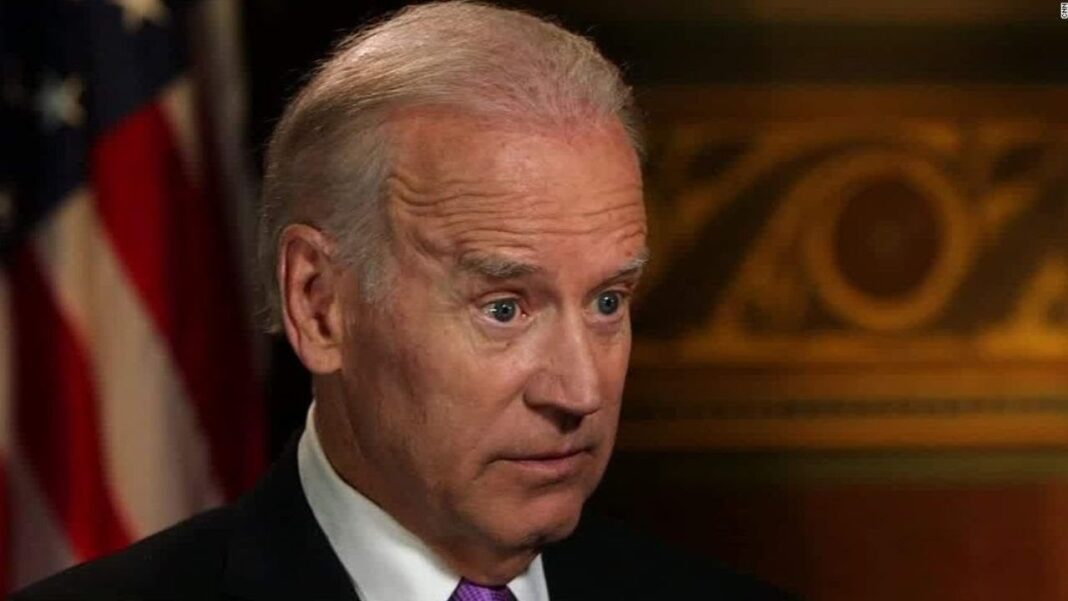Former President Jimmy Carter, the longest-lived president in U.S. history, died at his home, his family and the Carter Center confirmed Sunday. He was 100.
In a statement on social media, his foundation, the Carter Center, wrote: “Our founder, former U.S. President Jimmy Carter, passed away this afternoon in Plains, Georgia.”
“My father was a hero, not only to me but to everyone who believes in peace, human rights, and unselfish love,” said Chip Carter, the former president’s son, in a statement on the Carter Center’s website. “My brothers, sister, and I shared him with the rest of the world through these common beliefs. The world is our family because of the way he brought people together, and we thank you for honoring his memory by continuing to live these shared beliefs.”
Carter, a Democrat, served as president for one term from 1977 to 1981. He’s also well-known for his humanitarian work after leaving the White House, including for Habitat for Humanity and peace deal negotiations.
Reactions to Carter’s death poured in on Sunday evening, including from President-elect Donald Trump, who said on Truth Social that “those of us who have been fortunate to have served as President understand this is a very exclusive club, and only we can relate to the enormous responsibility of leading the Greatest Nation in History.”
“The challenges Jimmy faced as President came at a pivotal time for our country and he did everything in his power to improve the lives of all Americans. For that, we all owe him a debt of gratitude,” the president-elect said.
Former President Bill Clinton and former first lady Hillary Clinton said that they “mourn the passing” of Carter and “give thanks to his long, good life.”
“I will always be proud to have presented the Medal of Freedom to him and Rosalynn in 1999, and to have worked with him in the years after he left the White House,” former President Clinton said.
Remembered for his quick rise in national politics and dedication to world conflict resolution in the decades after he left office, Carter’s years in the White House marked a transition from the Watergate era to the Reagan conservatism of the 1980s.
He oversaw major changes to the U.S. government during a time of high inflation, high interest rates, unemployment, and international instability, including the Iran hostage crisis.
By Jack Phillips and Jacob Burg







